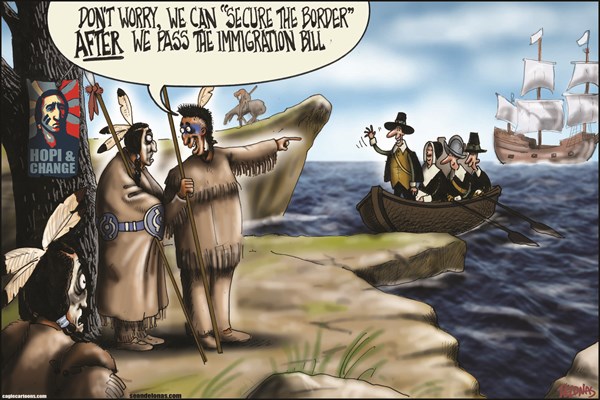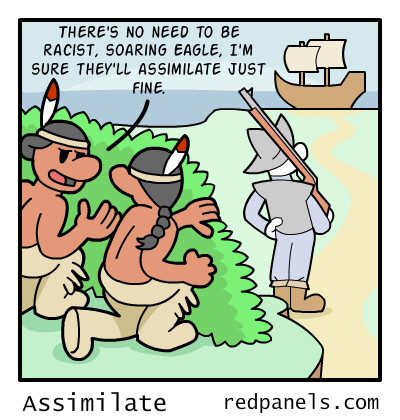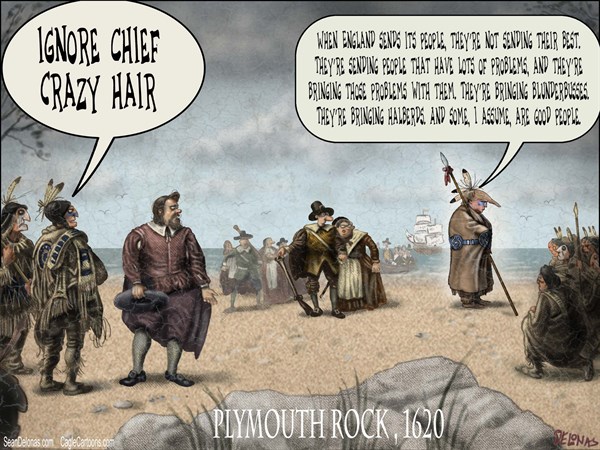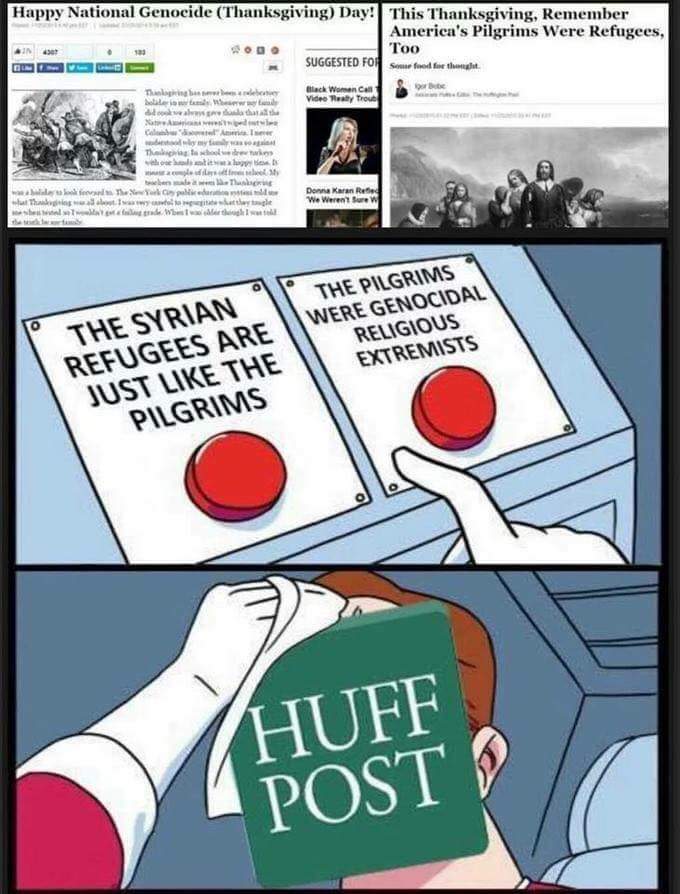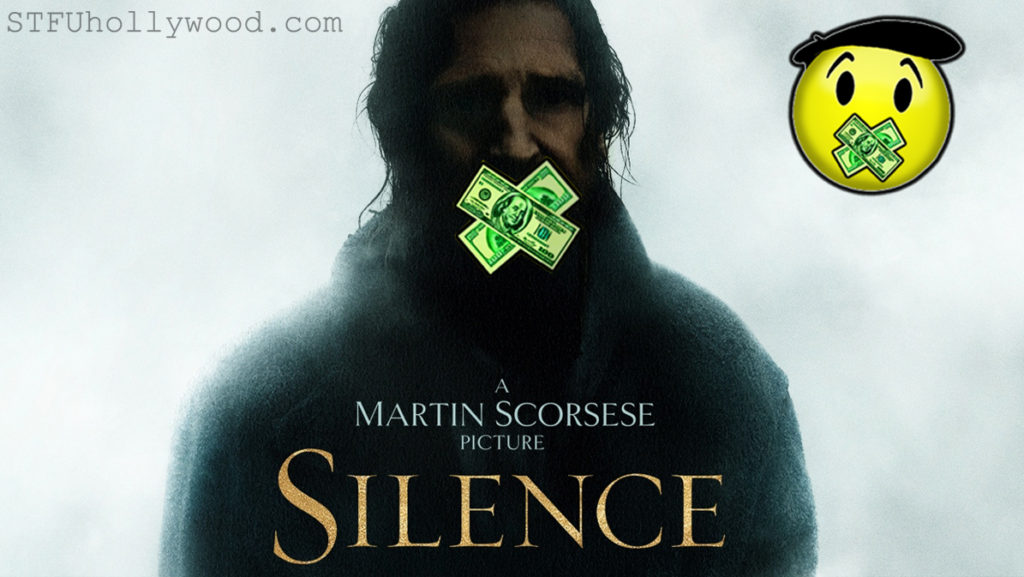














I loved this film. Pay to see it. It’s long and tough to watch though, so prepare yourself.
Even as an agnostic, I thought this film brought up some great philosophical questions, with no obvious pushed conclusion. It’s left up to interpretation and felt more like a retelling of events than Christian propaganda. Obviously, it portrays faith in a positive light, so Christians will enjoy it, but in a more nuanced way than Mel Gibson’s “The Passion of the Christ” or “Signs” so even militant atheists could get a kick out of it. Truly masterful writing with tons of symbolism, foreshadowing, and parallels. But I won’t focus so much on that aspect, since I’m sure most of the other reviews/blogs already do.
Besides, they say to write what you know; so as someone who lived in Japan for 2-ish years and also went to Japanese jail, I’ll stick to that. My experience behind bars was probably the most cataclysmic experience in my 20’s and part of what “redpilled” me into becoming pseudo Alt Right. Well, all my travels have shaped my current views about race/culture/religion, but it was the traumatic experience locked up, stuck with only my thoughts, that made these bottled up realizations come to the light. Of course, what I went through was not even a tiny, microscopic, fraction, of an iota of what this film is about. But let’s just say I could relate a bit…
ほんとうにへんなきもち。。。なつかしいおもいで、わるいおもいでいろいろがどうじに。
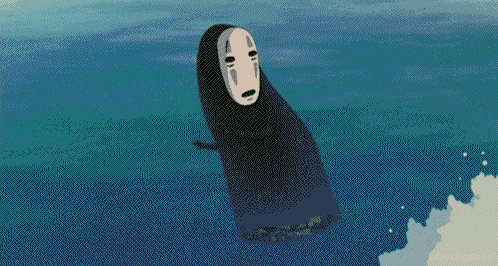
I wasn’t sure who to root for in the film. The Japanese who were fighting to hold onto their culture or the Gaijin I could identify with? No spoilers, but watching the dialogue between two foreigners (one older, one younger) felt like my idealistic pre international vagabond self, arguing with my post jail hardened rightwng self. The two of them were debating over the reoccurring analogy brought up in the film. The Japanese ruling class said that Christianity had no place there and could not grow. And that the foreigners didn’t even try to understand the faith and customs of the locals before imposing their ways. One priest explains that the Japanese “Christians” who were praying, weren’t praying to the same god that the Portuguese taught of. It was misinterpreted, soiled, and lost in translation. They prayed to physical objects and nature, as they were accustomed to. This was countered with saying that only the intense resistance from the higher ups was what kept Christianity from flourishing there, and that any race could welcome it equally.
This heated debate had me torn. It reminded me of when I went to Haiti. I saw the same thing. They are all “Christians” there. Like, hardcore bible thumpers who tried proselytizing me. But it wasn’t the same form of Christianity. All the so called “Christians” simultaneously practiced Voodoo and spit on their pee to prevent witch doctors from taking their souls. Likewise, my buddy went to Africa and told me about how the witch doctors there take AIDS medication provided from the West, and crush it up for some ceremony. Others synthesize an intoxicant from the medicine and get high from it instead.
We must take a people’s nature into consideration before trying to change a people’s ways. Is it wise to try and force Jeffersonian democracy on the Islamic tribes of Afghanistan? What is the best way to go about helping impoverished African countries? Perhaps just giving free stuff actually hurts their economy more, and perhaps encouraging mass migration fuels their brain drain problem.
Now, you can look at examples of places like South Korea and argue that Western culture and ethics made them better than before. As a Western chauvinist, I’d agree. But as a pro nationalist, it goes against my ethos of combating forced multicultural globalist crap. And let’s take that analogy in a different direction. In the film they show a test of faith, the Japanese outed secret Christians by making the villagers step on a picture of Jesus. Extreme vetting. Now, one could argue, their “xenophobic” and “brutal” ways are what allowed them to continue as the country we know today, and not some kind of Portuguese mixture like what we see the Philippines as. Perhaps if native Americans were as intolerant to foreigners as the Japanese were, they’d still own their lands?
These questions have never been more important to answer than they are right now. With the current “””refugee””” crisis raging on and technology allowing for migration to happen like never before, we MUST come to a concrete consensus before it’s too late. Clearly, 100% isolation creates oppressive and stagnant sh*tholes like North Korea. Martin Scorsese’s film, (like the Japanese themselves), address this. Western science and technology was indispensable for the little island even if Christianity never took root:
Furthermore, history is full of civilizations clashing and melding together. Cowboy hats originated from Mexicans, French fries are actually from Belgium, and the Japanese written language is from China. “Diversity” can unironically be a strength in some cases. And very often inevitable:
(language warning)
Where’s the balance, though? Which cultures and peoples should we discriminate against, and how much? If you don’t appreciate Muslims coming to your lands trying to convert and change your local population, then how do you feel about Christian missionaries doing the same in Africa? Yes, yes. I know what you’re thinking, “Muslims are violent and it’s a false comparison.” Or, “I wouldn’t mind Buddhists doing that.”
Exactly! We can no longer accept post modernist, bullsh*t cultural marxism in an increasingly connected Earth. Whether you’re a Christian, Alt Right, atheist, liberal, whatever, you MUST ponder these questions and come to a conclusion. Otherwise, the demographics who are convinced their way is the only way, will dominate. We must respect our traditions, for they are what got us here today, and make us who we are.
#Europa #Migranten #Migration #RTL #SpiegelTV pic.twitter.com/3oCrRSdXhK
— Dutch Deacon Blues (@ddeaconblues) June 25, 2017
One of the many themes throughout the movie, is the assurance the Japanese give that they aren’t cruel or evil, but practical. As they see it, it is logical to torture the Christians for the greater good of their people. I’m not trying to say that the Japanese don’t have their own set of strong morals, but that they are based on different priorities. Things that have kept them a cohesive people on their own terms. I think the important takeaway from the film, is just the value of your peoples’ religious moral code. Jordan Peterson explains it best:

But as times change, so should we. Maybe the Christian “persecution complex” displayed in the film is part of why the West is disintegrating before our eyes. That turn the other cheek, altruistic, masochistic philosophy works great for keeping a society peaceful and intact. But as we saw with the Byzantine Empire, can be a death sentence…
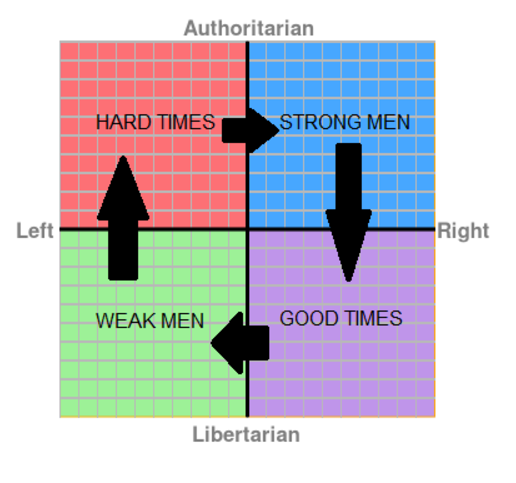
For that reason alone, this film is worth seeing. Get the ‘ol noggin’ joggin. Spark some convos about what we can learn from each other as cultures. From history. But when you also take into account all of the gorgeous cinematography, acting, and clever script writing, it becomes an instant classic. 5 stars!
Go see it, now!
On a lighter note, if you want a great example of cultures mixing in harmony, I highly recommend watching the 19th episode of “Samurai Champloo.”
[English subtitles] [English voice dub]
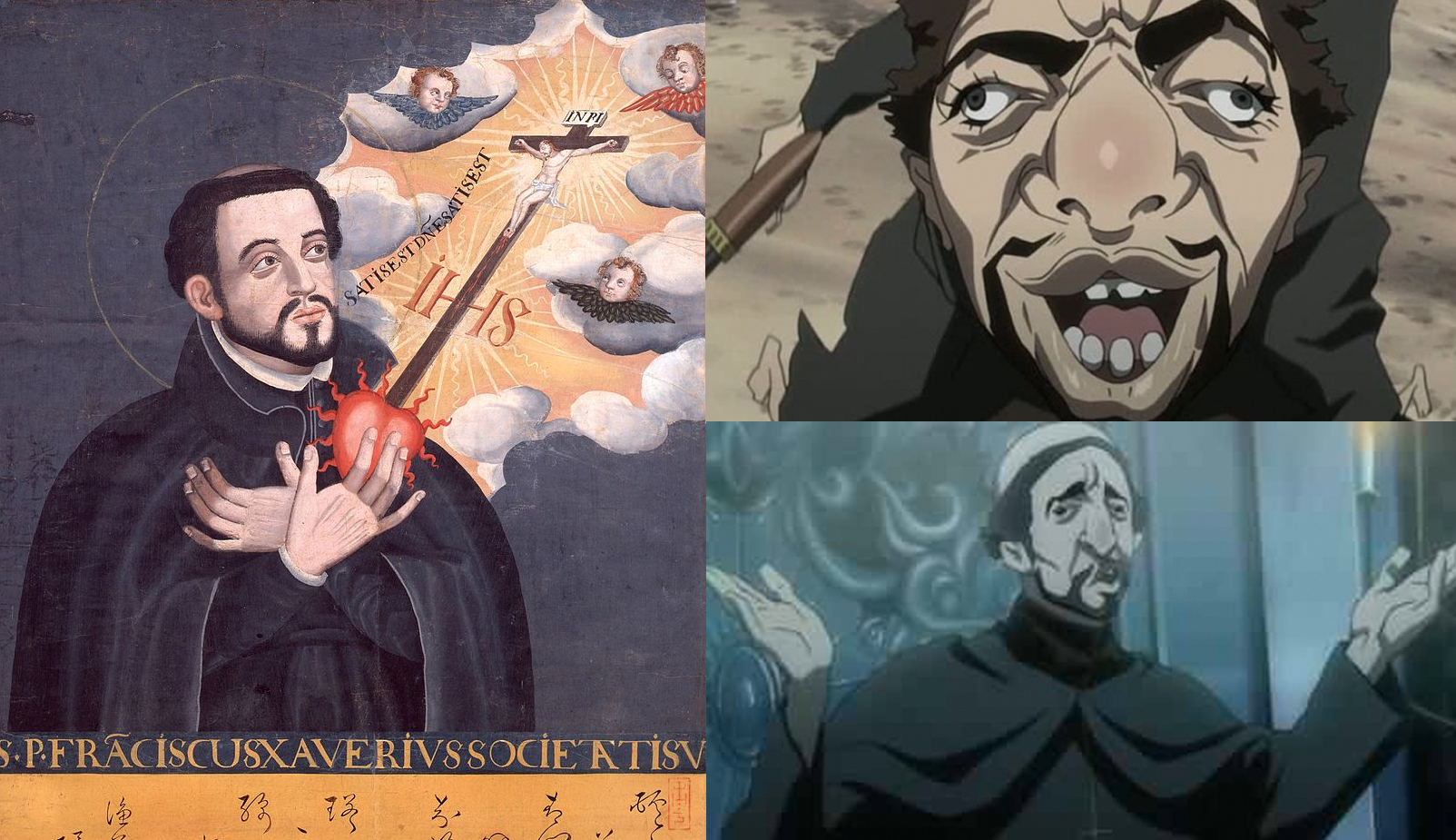
It’s a more comedic interpretation of the Christian persecution in Japan. As you can see, they portray foreigners with HUGE noses. Something I had never noticed about white people in comparison to Asians until I lived there. Big noses are in the eye of the beholder, I guess…

REVIEW BY:
Other reviews by Libertarian Agnostic:
Search all Staff Reviews from STFU Hollywood:





